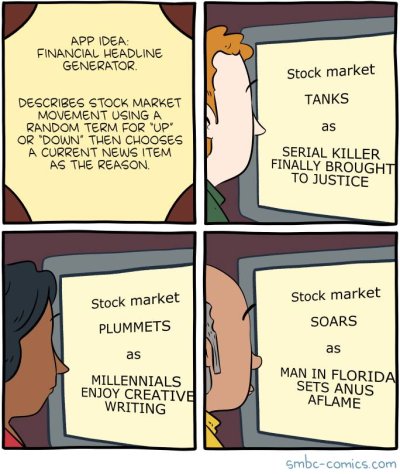...late to the thread.
Fundamentally we have gone from charging about 4-5% of our life style on credit cards in 2019 to charging close to 50% of our lifestyle on credit cards in 2020 (since March).
By we, I mean collectively the share of gdp being financed by stimulus or increased “balance sheet”. (In 2019 the deficit was about 4-5% of gdp. Of the 10 trillion in gdp over 6 months more than 1/2 is balance sheet or stimulus).
It’s looking like this will continue until atleast some time next year.
All I know is when it comes time to pay it off it usually means no “extras” for a few years while we pay it down. Or if we elect not to pay it down we will pay interest on it indefinitely. There is no free lunch. The question is what and who will pay for the 2020 free lunch we have had stimulus wise and balance sheet wise??
In all seriousness I think the way out of it may be inflation

The fed will keep st rates low even with inflation and the US debt will largely move to short term debt as long term gets expensive. The debt won’t get paid down per se. It will just become less of an issue as a % of gdp.
Maybe tips, gold, and real estate are the best hedges against this



